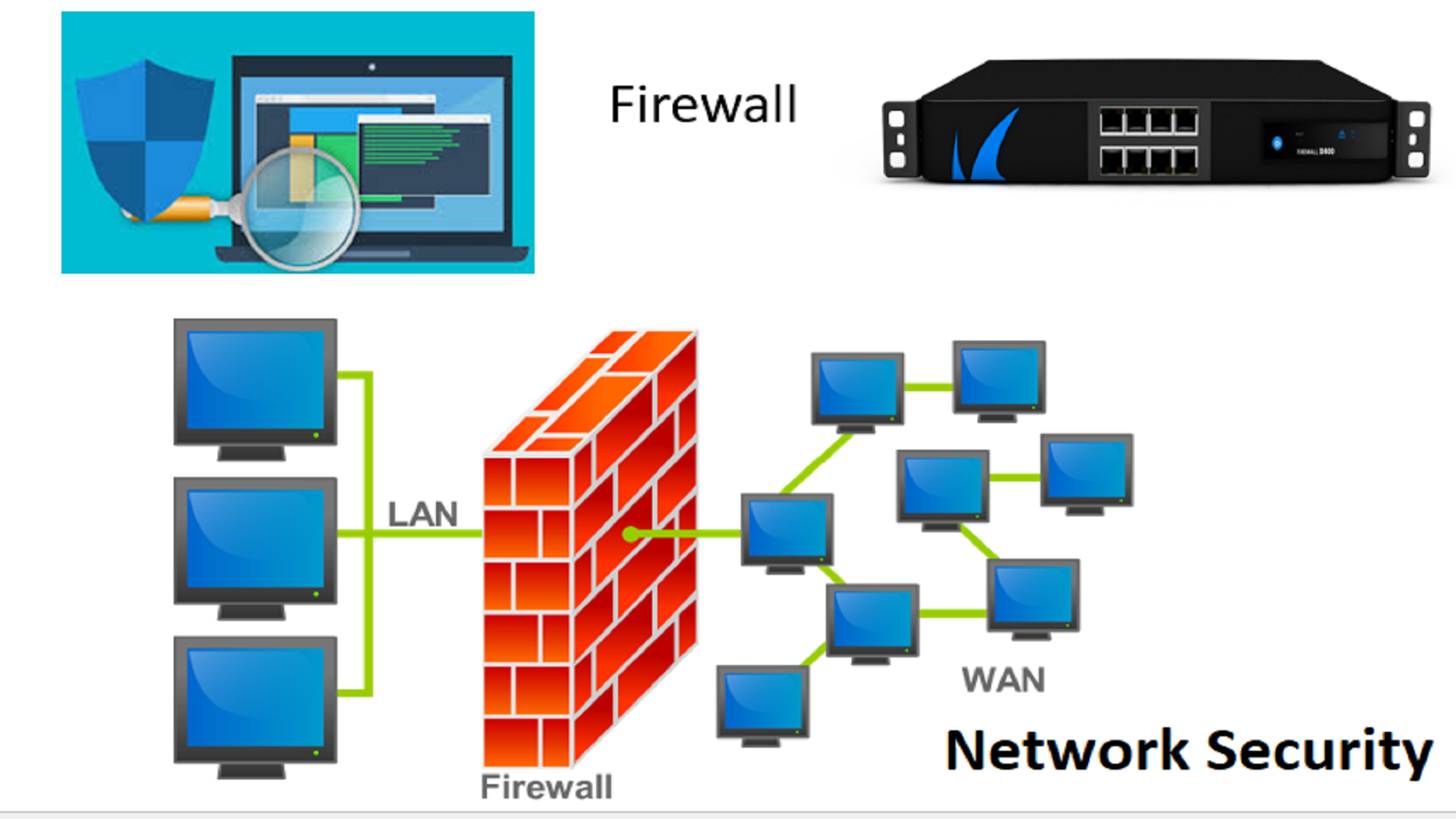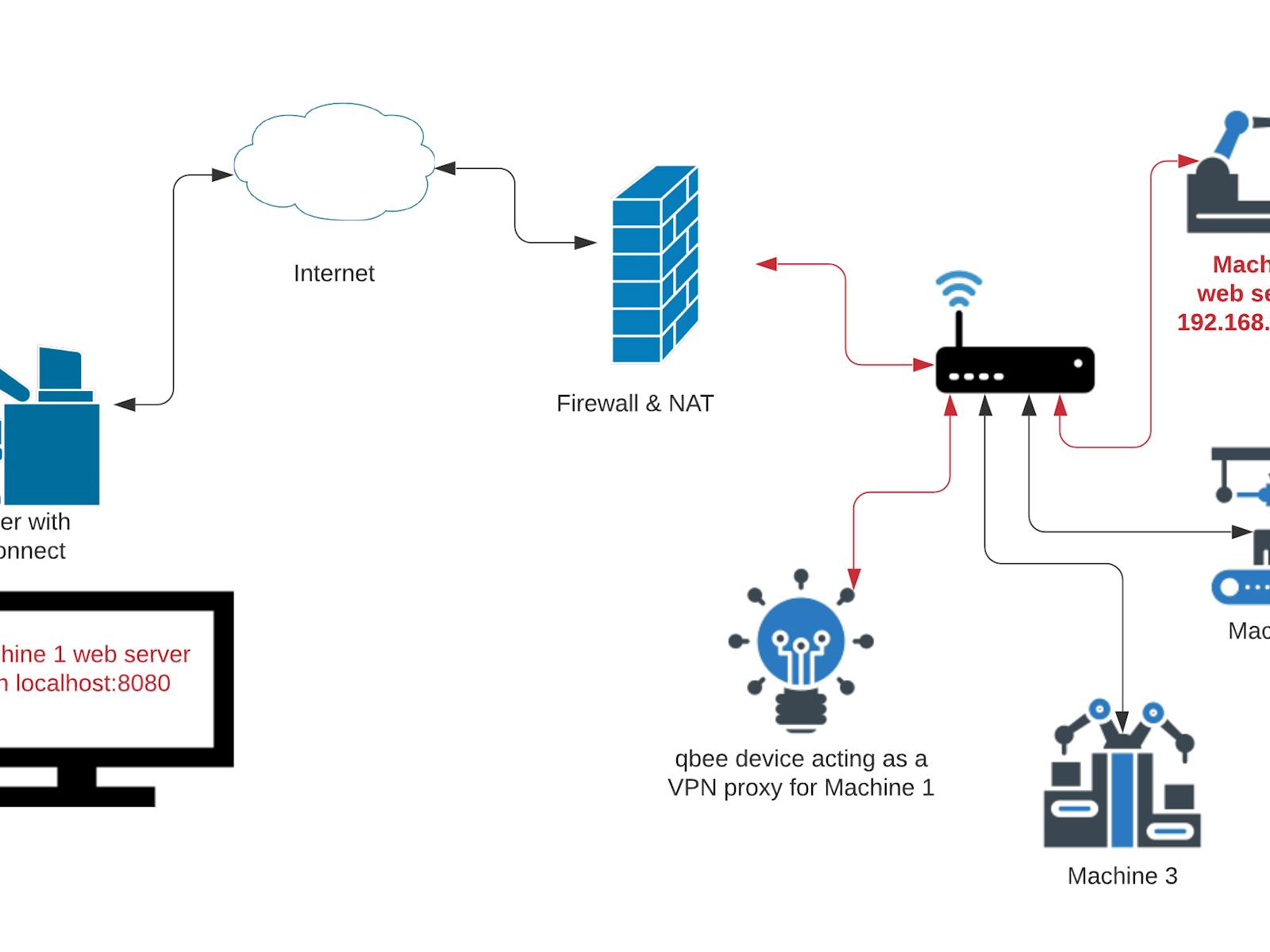RemoteIoT Firewall Examples: Your Ultimate Guide To Secure IoT Networks
When it comes to securing your IoT devices, a remoteIoT firewall is like the superhero you didn’t know you needed. Imagine having an invisible shield that protects all your smart gadgets from hackers and cyber threats. Sounds pretty cool, right? Well, that’s exactly what a remoteIoT firewall does. In this article, we’ll dive deep into some awesome remoteIoT firewall examples, showing you how they work and why they’re essential for keeping your digital world safe. So, buckle up and get ready to learn about the future of IoT security!
As more and more devices connect to the internet, the risk of cyberattacks increases exponentially. From smart fridges to security cameras, every connected gadget becomes a potential entry point for hackers. That’s where remoteIoT firewalls come in. These powerful tools monitor and control network traffic, ensuring only authorized data gets through. They’re like bouncers at a club, deciding who gets in and who doesn’t.
But why should you care? Well, if you’ve ever worried about your personal data being stolen or your smart home system being hacked, then understanding remoteIoT firewalls could be a game-changer. By the end of this article, you’ll know exactly how these firewalls work, what features to look for, and which ones are worth investing in. Let’s get started!
- Alex Adams Net Worth Unveiling The Hidden Wealth Behind The Name
- Bolly 4u Your Ultimate Gateway To Bollywood Entertainment
Table of Contents:
- What is a RemoteIoT Firewall?
- Benefits of Using a RemoteIoT Firewall
- Types of RemoteIoT Firewalls
- Best RemoteIoT Firewall Examples
- How to Choose the Right RemoteIoT Firewall
- Common Mistakes to Avoid
- Securing Your IoT Network with a Firewall
- Cost Considerations for RemoteIoT Firewalls
- The Future of RemoteIoT Security
- Conclusion and Next Steps
What is a RemoteIoT Firewall?
A remoteIoT firewall is basically a security tool designed specifically for Internet of Things (IoT) networks. It acts as a gatekeeper, monitoring incoming and outgoing traffic to ensure that only legitimate data passes through. Think of it like a digital bodyguard for your smart devices. Unlike traditional firewalls, which are often tailored for computers and servers, remoteIoT firewalls are optimized to handle the unique challenges of IoT ecosystems.
Why Do We Need RemoteIoT Firewalls?
IoT devices are notorious for having weaker security protocols compared to traditional IT systems. This makes them prime targets for cybercriminals. A remoteIoT firewall addresses this vulnerability by providing an extra layer of protection. It can detect suspicious activity, block unauthorized access, and even prevent malware from spreading across your network.
- Moviesrulz The Ultimate Guide To Streaming Movies In 2023
- Unveiling The World Of Movie Rulz2com 2024 Kannada Your Ultimate Streaming Destination
Key Features of RemoteIoT Firewalls
- Real-time threat detection
- Advanced traffic filtering
- Automatic updates
- User-friendly dashboards
- Cloud-based management options
Benefits of Using a RemoteIoT Firewall
Implementing a remoteIoT firewall offers numerous advantages. First off, it significantly reduces the risk of cyberattacks by filtering out malicious traffic. Secondly, it enhances overall network performance by prioritizing important data streams. Lastly, it provides peace of mind knowing that your IoT devices are well-protected.
Some other benefits include:
- Improved data privacy
- Reduced downtime due to security breaches
- Compliance with industry standards
- Scalability for growing IoT networks
Types of RemoteIoT Firewalls
Not all remoteIoT firewalls are created equal. There are several types available, each catering to different needs and budgets. Let’s take a look at some of the most common ones:
1. Hardware-Based Firewalls
These are physical devices that sit between your IoT network and the internet. They’re great for large-scale deployments but can be costly and require technical expertise to set up.
2. Software-Based Firewalls
Software firewalls run on existing devices or servers within your network. They’re more affordable and easier to install, making them ideal for small to medium-sized businesses.
3. Cloud-Based Firewalls
Cloud firewalls offer the convenience of remote management and scalability. They’re perfect for organizations with distributed IoT networks that need centralized control.
Best RemoteIoT Firewall Examples
Now that you know what remoteIoT firewalls are and why you need them, let’s check out some top-notch examples:
1. Palo Alto Networks
Palo Alto is a powerhouse in the cybersecurity world. Their remoteIoT firewall solutions combine advanced threat prevention with easy-to-use interfaces. It’s a bit pricey, but totally worth it for enterprises looking for top-tier protection.
2. Fortinet FortiGate
FortiGate is another popular choice among businesses. It offers robust security features along with flexible deployment options. Whether you prefer hardware, software, or cloud-based solutions, FortiGate has got you covered.
3. Check Point IoT Protect
Check Point’s IoT Protect is specifically designed for securing IoT environments. It uses AI-driven analytics to detect and respond to threats in real-time. Plus, its intuitive dashboard makes monitoring a breeze.
How to Choose the Right RemoteIoT Firewall
Selecting the best remoteIoT firewall for your needs can be overwhelming. Here are a few tips to help you make an informed decision:
- Assess your network size and complexity
- Identify your specific security requirements
- Consider budget constraints
- Look for user reviews and testimonials
- Check for compatibility with existing systems
Remember, the right firewall for one organization might not be suitable for another. Take your time to evaluate all options before committing.
Common Mistakes to Avoid
Even with the best remoteIoT firewall in place, mistakes can still happen. Here are some common pitfalls to watch out for:
- Ignoring regular updates and patches
- Overlooking endpoint security
- Not training staff on cybersecurity best practices
- Using weak passwords or default credentials
- Underestimating the importance of network segmentation
Avoiding these mistakes will go a long way in ensuring your IoT network remains secure.
Securing Your IoT Network with a Firewall
Implementing a remoteIoT firewall is just one piece of the puzzle. To truly secure your IoT network, you’ll need to adopt a multi-layered approach. This includes:
- Using strong authentication methods
- Encrypting sensitive data
- Regularly auditing network activity
- Limiting device access to only necessary functions
By combining these strategies with a reliable firewall, you’ll create a fortress-like defense against cyber threats.
Cost Considerations for RemoteIoT Firewalls
Budget is always a concern when it comes to implementing new technology. The good news is that there are remoteIoT firewall solutions available for almost every price range. However, keep in mind that cheaper options may lack certain features or support.
When evaluating costs, consider:
- Initial purchase price
- Ongoing maintenance fees
- Support and training expenses
- Potential savings from reduced security incidents
In the long run, investing in a quality remoteIoT firewall can save you money by preventing costly data breaches.
The Future of RemoteIoT Security
As IoT continues to evolve, so too will the tools used to protect it. We can expect to see even more advanced remoteIoT firewalls incorporating machine learning and artificial intelligence. These technologies will enable firewalls to predict and prevent threats before they even occur.
Additionally, the rise of 5G networks will bring new challenges and opportunities for IoT security. Faster connectivity means more data flowing through networks, requiring firewalls to become even more efficient and intelligent.
Conclusion and Next Steps
RemoteIoT firewalls are an essential component of modern cybersecurity. They provide the necessary protection for our increasingly connected world. By understanding how they work and selecting the right one for your needs, you can safeguard your IoT network from potential threats.
So, what’s next? Start by assessing your current security setup and identifying areas for improvement. Then, research the various remoteIoT firewall options available and choose one that aligns with your goals. Don’t forget to implement best practices for securing your entire IoT ecosystem.
And finally, share this article with your friends and colleagues who might find it helpful. Together, we can create a safer digital future for everyone. Cheers to that!



Detail Author:
- Name : Virginia Murazik
- Username : jhermann
- Email : vita51@gmail.com
- Birthdate : 1993-12-04
- Address : 9679 Bailey Park Apt. 386 Niatown, PA 45906-3543
- Phone : +1 (646) 932-7405
- Company : McClure, Conroy and Beier
- Job : Signal Repairer OR Track Switch Repairer
- Bio : Quo et labore asperiores natus nisi fuga quos. Et provident mollitia dolores reprehenderit iste est ut minus. Eius ea placeat et aut fuga reprehenderit.
Socials
linkedin:
- url : https://linkedin.com/in/zakary.klocko
- username : zakary.klocko
- bio : Nihil amet iure nesciunt quia alias.
- followers : 672
- following : 1559
instagram:
- url : https://instagram.com/klocko1983
- username : klocko1983
- bio : Nemo autem quibusdam eaque deleniti ad non et. In illum laboriosam quia vel.
- followers : 2604
- following : 2330
facebook:
- url : https://facebook.com/zakary9197
- username : zakary9197
- bio : Sint ratione et dolore vel.
- followers : 556
- following : 2608
tiktok:
- url : https://tiktok.com/@zakary9761
- username : zakary9761
- bio : Quod nam sed maxime sunt adipisci et odit. Rerum quos sapiente ut voluptas.
- followers : 5809
- following : 2354
twitter:
- url : https://twitter.com/zakary_real
- username : zakary_real
- bio : Iste placeat et numquam nemo veritatis. Voluptas explicabo delectus numquam laborum. Ut delectus excepturi quae voluptatem sit.
- followers : 2289
- following : 1982